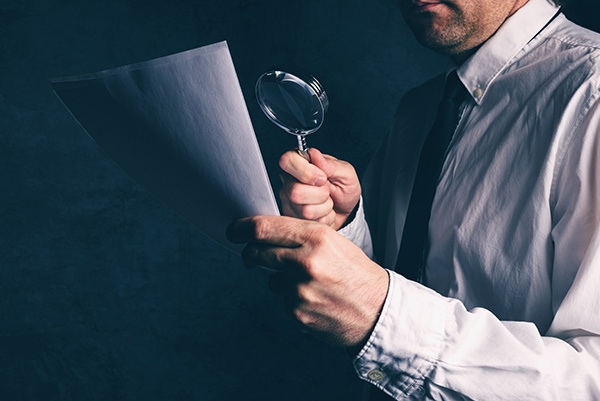
Whether you're opting for a long-term or short-term lease, you want to make sure that you know exactly what you're getting into before you sign. Without proper due diligence, you can't be certain that you're getting a fair deal from the landlord and the right property for your business needs.
While a lot goes into due diligence, there are some simple things that many companies overlook that can make a huge difference. To avoid making mistakes, make sure that you do the following:
1. Get Out Your Measuring Tape
The landlord will tell you what the square footage of the unit is based on their measurements, but don't take their word for it. It's easy to make mistakes when it comes to measuring, and unscrupulous landlords could even try to fudge the numbers to increase rental rates. That's why it's important to take careful measurements yourself and to crunch the numbers. If you come up with a discrepancy, bring it to the landlord's attention immediately.
2. Meet the Neighbors
The last thing you want is to end up being the sole tenant in a building that is financially struggling. With the economy being volatile as it is now, it's important to take a careful look at who the other occupants in the building are. How long have the companies been in business? What industries are they in? Do their values or missions conflict in any way with your company's? You can find out most of what you need to know about the other occupants online, but you can also consider stopping in to talk about the building and get their opinions on the area.
3. Check Out the Insurance Policy
While your prospective landlord may not offer it, you're entitled to examine the insurance policy for the building before you sign the lease. Doing so can reveal important information about the property that you might otherwise not discover. The insurance policy will outline the risks that the insurance inspector found when reviewing the property. Make sure that there are no concerns that would make you second guess leasing.
4. Know the Market
Whether you're relocating to a new area or have been in the same location for years, it's important to take the time to familiarize yourself with the market trends. Find out what the average rental rate per square foot is in buildings like yours. Regional differences in rental rates can be great, and if you're not familiar with the market, it's impossible to know if you're being charged too much or fairly.
5. Scrutinize the Lease
Once you have a copy of the lease agreement, go over every word. Look for any areas where language is vague or unclear. For example, make sure that the lease clearly spells out who is responsible for maintenance and repairs, what type of insurance you're required to have, when late fees are assessed, what your renewal options are and who is responsible for rebuilding and repairing costs if there is a disaster.
6. Consult the Right Experts
Lastly, make sure you have the right team of experts available to consult with. A real estate lawyer, accountant and tenant rep broker each bring a unique skill set to negotiations and can help you complete thorough due diligence.
Other articles to check out:
6 Office Lease Terms To Avoid
5 Office Lease Terms to Watch For
5 Things To Do Before Leasing Office Space








